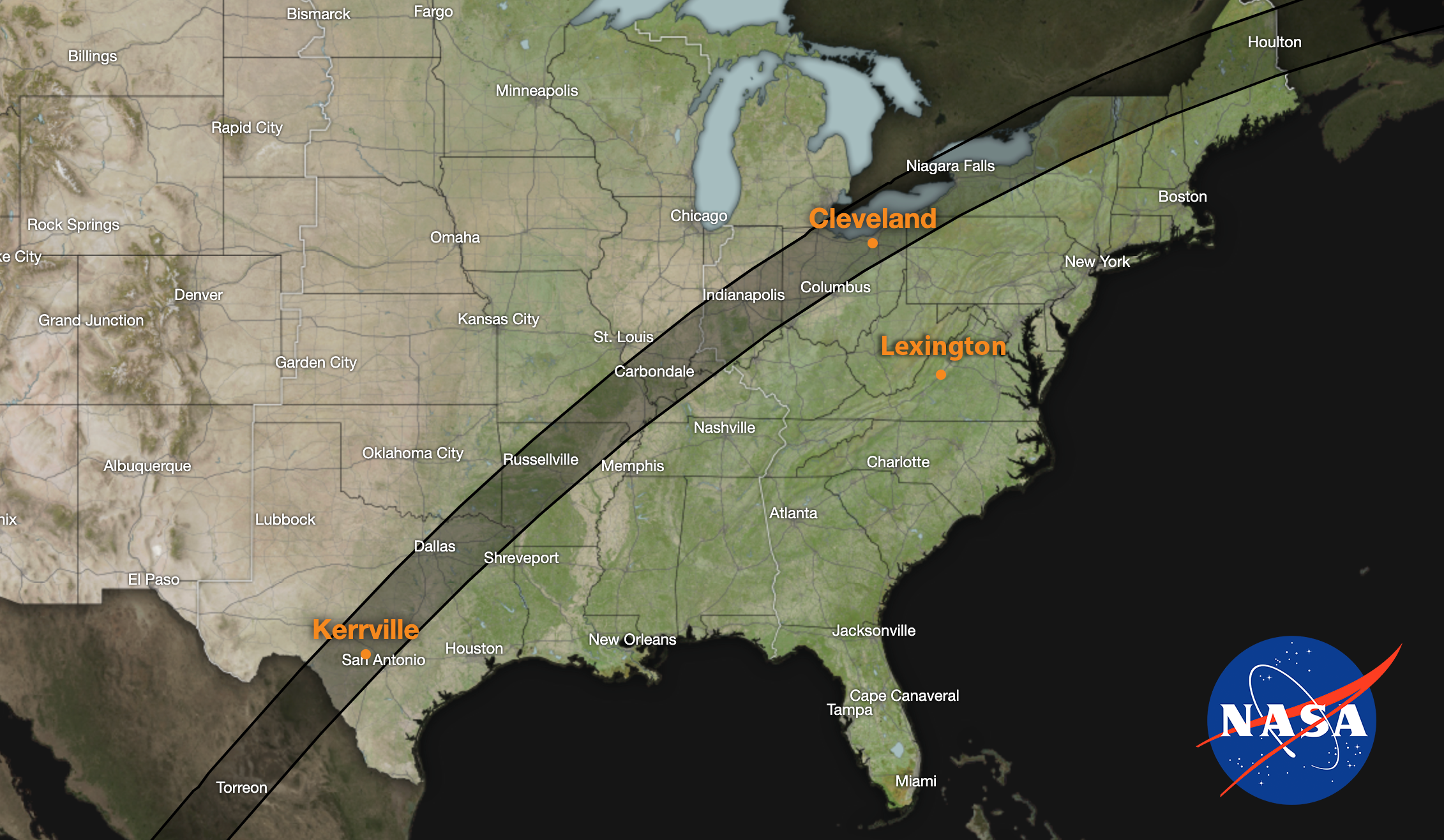
By Chas Chappell
For the past year, rangers have worked to reduce light pollution at Natural Bridge State Park by stripping indoor and outdoor lighting to only what’s essential.
“We did a top to bottom renovation of the way we light up our park,” Ranger Kenny Horowitz said, “and you can see more stars than ever before.”
Horowitz said the rangers were careful to avoid removing lighting that visitors need so they don’t lose their way. He said they also placed motion sensors and timers on lamp posts in remote parts of the park that turn on only when hikers pass by.
All the work paid off last week, he said, when Dark Sky International, an Arizona-based group that rates star visibility in cities and parks, named Natural Bridge a “silver-tier” dark sky park.
Susan Ciarneillo, a community associate of Dark Sky International, said in an email that Natural Bridge became a dark sky park, the lowest tier on its scale, by adding dimmers and removing some visitor center lights in April 2021.
Ciarneillo said Natural Bridge needed to reduce upward-facing light emissions and offer regular nighttime access to the park to reach the silver tier. To get to gold, the park would need to block out light from surrounding cities like Lexington and Buena Vista.
Horowitz said the park met the silver-tier’s nighttime availability requirement by offering weekly ranger-led night hikes.
“We give people a tour of the night sky, starting with the Big Dipper to Polaris, and then, moving to some of the nebulas and constellations you can’t see unless you’re in a place like this,” he said.
Park officials got word of the new designation just before International Dark Sky Week, which started on April 2 and ends with the April 8 total solar eclipse.
Lexington Mayor Frank Friedman said he’s encouraging local residents to commemorate the week by visiting the park.
“Many people in Lexington live under a dome of light pollution,” the mayor said. “The city of Lexington will support whenever possible the protection of the night sky of Natural Bridge State Park.”
April 8 total solar eclipse
Horowitz said the designation comes at a good time–just before the April 8 total solar eclipse. The area is expected to experience 87% solar coverage, according to NASA’s website.
He said the park will host a viewing party.
“We’re in a prime eclipse viewing location,” Horowitz said. “We’ve got mountains blocking out the lights from Lexington and Lynchburg, so we’ll really get to experience the darkness.”
Horowitz said the park is also accepting applications from stargazers who want to hike or camp after hours during Dark Sky Week.
“It’s something that people around the park take for granted,” he said. “But for millions of people, some here in the county, it’s something you don’t see every day.”
